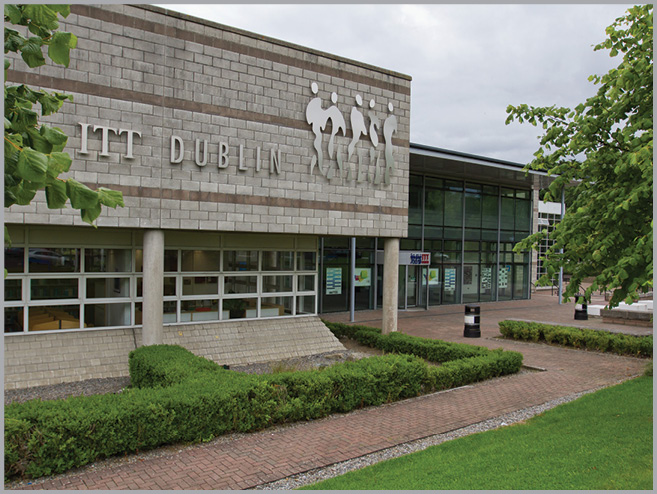Technological Universities?


Vagueness surrounds the future status of some of Ireland’s institutes of technology after the Government ran out of time on a bill that would see mergers to create new technological universities.
In December 2015 the Government published a bill that aimed to reform the future of most of Ireland’s institutes of technology and create new technological universities. The Bill marked the first time major legislation addressing the higher education system in Ireland had been brought forward since 2006 and set out a new framework for governing the new structures.
The Bill was set to effect up to 10 of Ireland’s Institutes of Technology, requiring two or more of the institutes to merge in order to gain the perceived improved status.
The Bill’s basis lies in two separate reports which both point to improved effectiveness while saving money by reforming the higher education sector. The Report of the Special Group on Public Service Numbers and Expenditure Programme (later known as An Bord Snip Nua) and released in 2009, recommended the merger of some institutions to “reduce the risk of duplicate investments in research infrastructure and teaching staff”.
It was followed by the Hunt Report of 2011, which suggested a “cluster” approach to management of third-level institutions. It argued that: “Stronger, consolidated institutes of technology, created through mergers, will perform better to their traditional missions and values, and also be better able to respond to changed economic and social circumstances.”
The proposition is that, as well as streamlining effectiveness and lowering costs, the status of ‘university’ would help the campuses attract more investment and fee-paying students. However, those institutes seeking to merge would also have to meet obligations, including having a pro-business outlook and working with companies in the surrounding region.
The proposed mergers would include the three institutes in Dublin becoming one, Cork Institute of Technology and IT Tralee merging and IT Carlow and Waterford Institute of Technology (WIT) creating one technology university.
The importance of finance to these institutes was highlighted in a recent review by the Higher Education Authority into the country’s institutes of technology, which revealed financial concerns around the sustainability of the sector. The review described six institutes as “vulnerable” and facing immediate sustainability challenges, including Letterkenny, Tralee, Galway-Mayo, Waterford, Dundalk and Cork institutes of technology. While there are also concerns going forward for Athlone, Limerick, Tallaght and Dublin (DIT).
While many in the sector agree that reform is needed, there was a popular perception that the Government’s Bill was being rushed and that proper consultation had not been carried out. A total of 133 amendments were proposed to the Bill when it was debated in the Dáil and in February the majority of lecturers form the institutes took part in a one day strike in opposition to the perceived cuts.
Amongst the concerns listed are:
- potential job losses when mergers are complete and duplicate courses are eradicated;
- a negative impact on institutes achieving university status in their own right;
- proposed new board structures lack representation of lecturers and lack accountability;
- the university tag could drive up points requirements and reverse the pattern that institutes are more accessible to school-leavers with lower points;
- a need to travel could alienate low income families from being able to access higher education; and
- those institutes who do not merge will have their status degraded.
Time constraints meant that the previous Government was not able to pass the Technological Universities Bill before the General Election and a request by eolas to Fine Gael asking whether the Bill remained a priority in the new term remained unanswered.





